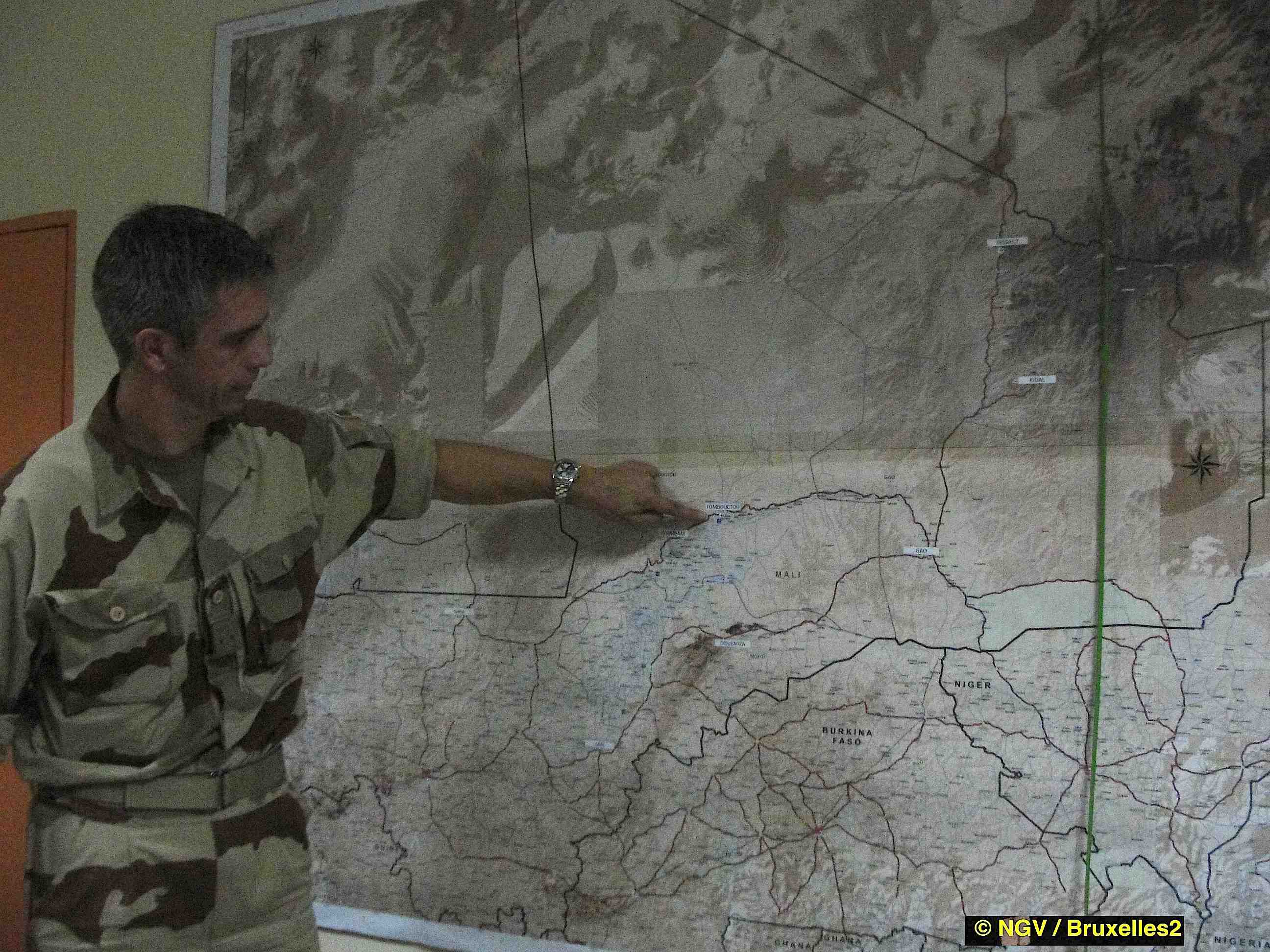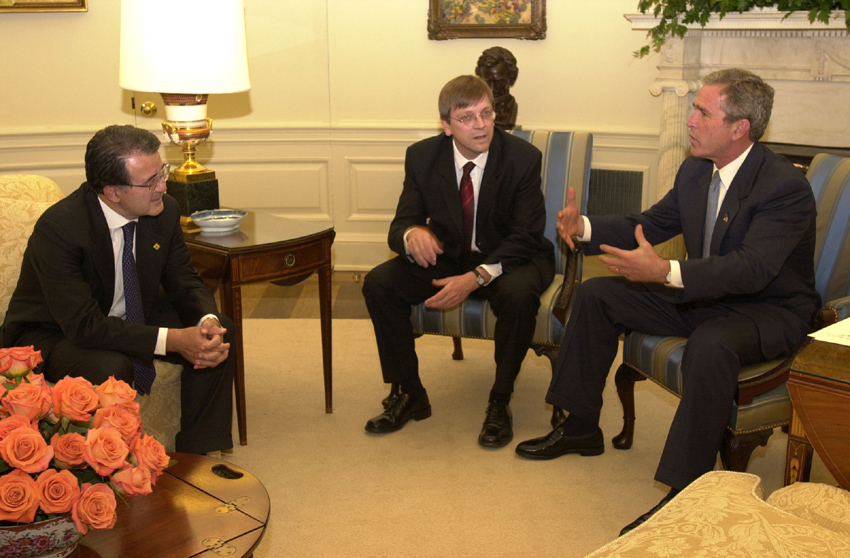Shouldn't Europe set up an EUMM / EUBAM Libya?
(BRUSSELS2) The situation in Libya remains unclear nearly several weeks after the start of the events. And the situation in some borders could get out of hand quickly. Many regions escape the "radar" screen of political and media news focused on Benghazi and Misrata. Whether in countries away from the usual traffic routes (Sudan, Niger, Chad) or in closer countries (Tunisia, Egypt) which receive most of the people displaced by the conflict (Libyans or foreign workers), it could thus be interesting to have "robust" observation posts. Wouldn't it be necessary for the European Union to opt for a more determined and global approach, by deploying a civilian mission of observers on the ground near the Libyan borders? The question deserves to be asked today. And that would no doubt be more appropriate than an EUFOR Libya mission, which seems hypothetical.
To do what ?
This mission could have three types of function: observation, control, training.
L'observation is not always an easy role. But this allows live information to be reported on the situation in areas with little coverage elsewhere. The simple fact of having external elements does not make it possible to eliminate points of conflict. But it is an important guarantee of appeasement and above all of early detection of sources of tension. This function can be useful if a localized or generalized ceasefire is declared, to observe it.
Le control certain crossing points may also be necessary. We would be here in the full framework of the 1970 and 1973 resolutions of the United Nations on the control of the arms embargo as well as the arrival of mercenaries. It would thus make it possible to know more and to deny (or confirm) certain persistent rumours.
La training and "construction building" would be the third pole of this mission. It could contribute to the stability of weak regimes like Niger or on the move like Tunisia.
The functions conferred on the mission could vary according to the countries where the "observers" would be placed, and even evolve over time.
In which places?
This deployment could, reasonably (political and practical reasons) be deployed in two main areas: southern Tunisia, western Egypt and eastern Libya (Maghreb), northern Niger and northern Chad (Sahel). In the first deployment, we are more in a stabilization / construction building / training logic. In the second deployment, the control / stabilization / construction building logic prevails.
To be complete, a border deployment should also concern the northern Sudanese and eastern Algerian borders. If from an operational point of view, Algeria would be an interesting country to deploy, it would be surprising if the government accepted the deployment of European observers.
With whom ?
This mission could be deployed with the support of the Arab League in its Maghreb component and with the support of the African Union in its Sahel component. This would thus have an advantage: involving the African Union which, currently, confronts itself rather than joins the European discourse. It is not forbidden to think that certain other third countries could join this mission such as the Balkan countries.

